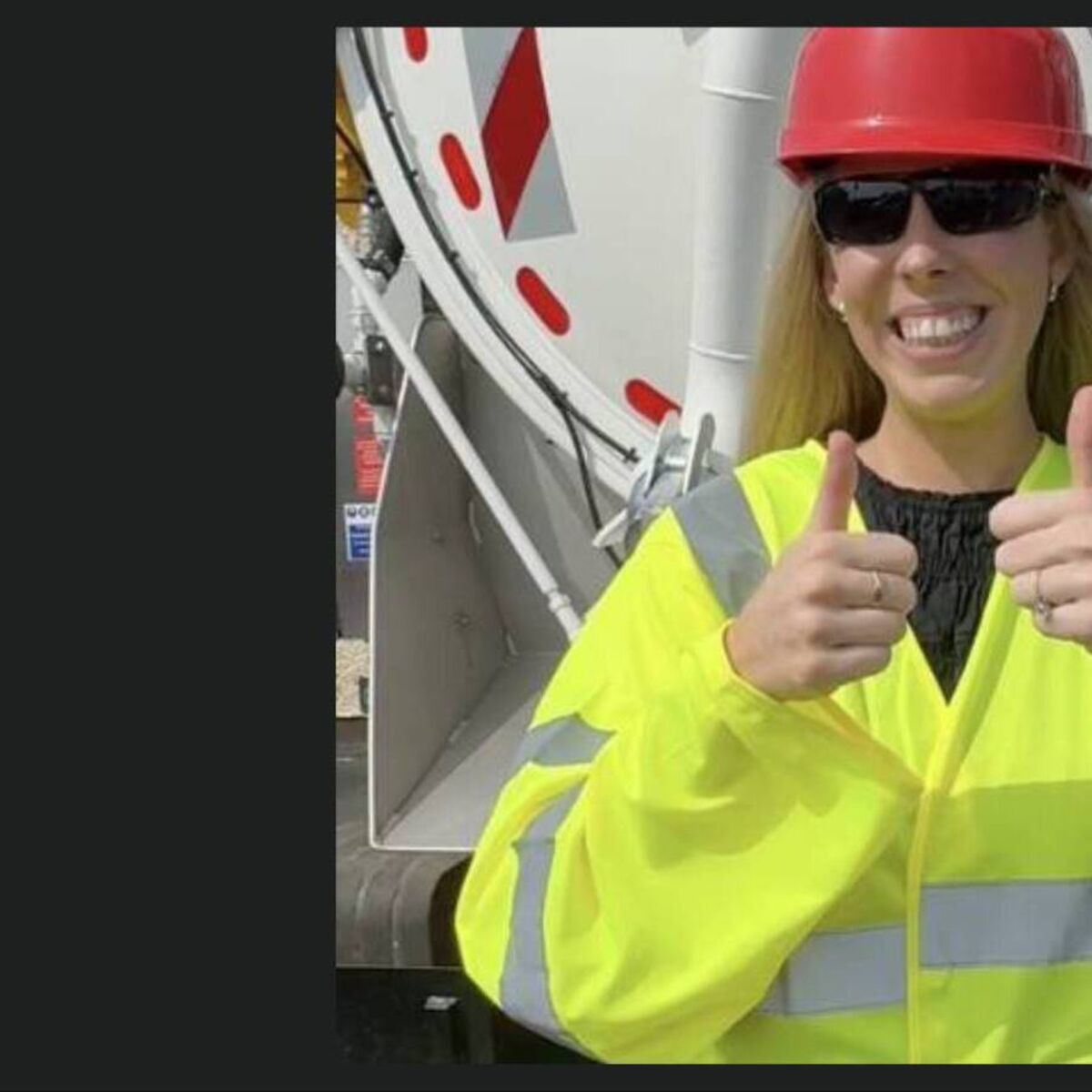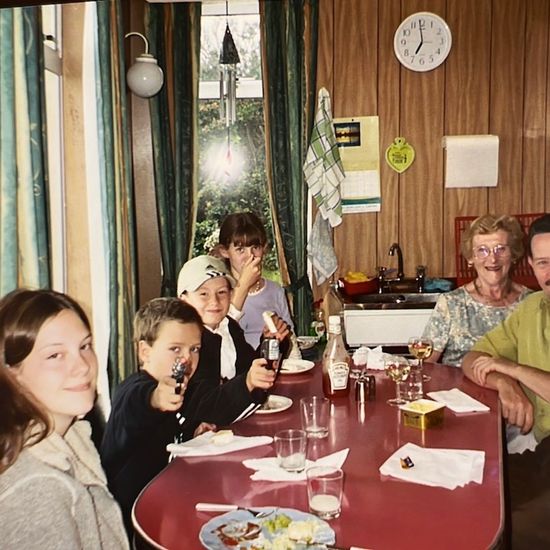By Donal Hickey,Irishexaminer.com
Copyright irishexaminer

“Only the 3 Ps, that’s pee, poo and paper, should be flushed down the toilet, everything else should go into the bin,” is the blunt message from Nuala Woods, head of wastewater operations, Uisce Éireann (UE), a partner with Clean Coasts in the Think Before You Flush campaign.
So, where do all these other things end up? Cork-born Shannen Healy, whose background is in microbiology and sustainability, went to Portmarnock pumping station, in Dublin, last month, to see for herself.
“Even in the short time I was there, I was shocked by the number of items turning up in the system that should never have been flushed, sanitary pads, plastic wrappers, and plenty of other unpleasant things I won’t mention!” she reports.
“I also heard about even stranger discoveries in the past: jeans, an air fryer, and countless wipes and sanitary products. Our waterways are circular: what goes down the drain will eventually come back to us. That’s why it’s so important to think about how we use them.”
Dublin-based Shannen, a crusader for responsible consumption and waste reduction, urges people to think before they flush, which would make a huge difference.
“Not only can you prevent blockages and avoid costly repairs at home, but you’ll also help protect the environment, keeping pollution out of our rivers, beaches, and oceans.”
View this post on Instagram
When items such as wet wipes are flushed away, they can cause serious blockages in waste-water systems, sewage overflows and even more pollution.
Even if some of the afore-mentioned items are labelled as flushable, they should be disposed of in the bin. UE clears thousands of blockages from the wastewater network every month.
Dating back to ancient Greek and Roman times, water has been used to carry off human waste, but a man with a popular West Cork surname, Sir John Harrington, is credited with building England’s first flush toilet, in 1596. Such toilets did not become commonplace until the building of public sewers in 19th century Britain.
The loo-inventor was a godson of Queen Elizabeth I, but I wonder has he any distant relations in the Beara Peninsula, home of the Harringtons?



